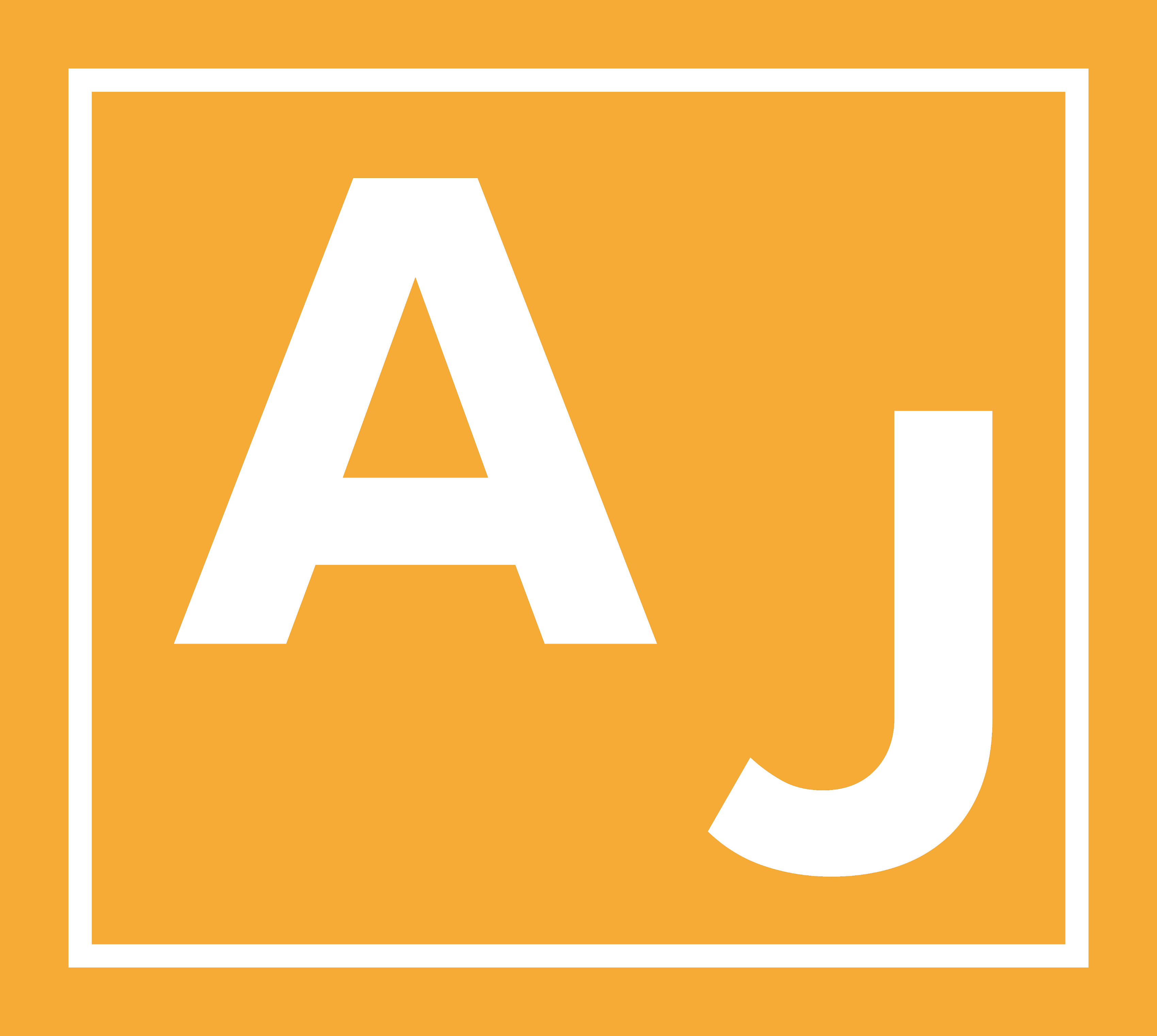Another spring, another spring semester! Once again, I am very happy to be teaching a topic very close to my current work. This semester, I offer a course on the role of technological innovation for politics and political communication. The goal of the course is to introduce students to a theoretical toolkit allowing them to conceptualize and empirically analyze interlinked processes of technological innovation and political change.
In this, I see the course as part of the current development in the field of trying to take the exceptionalism out of research on political and social consequences of digital innovation. Here, much is to be gained by increasing the sophistication in the theoretical debate and the conceptualization of underlying phenomena, effects, and trends. At least in political science, this means extending the canon of commonly used theories. This is what we will attempt in this course.
Description: Changes in media technology have historically impacted political processes, structures, and patterns of political communication. Currently, we are living through one of these transitions in form of the digitalization. This makes it paramount to understand its likely impact on politics. During the course, students will be introduced to central approaches in conceptualizing and measuring the effects of technological change on politics. In the first part of the course, we will focus on conceptualizing the relationship between technology, communication, and politics. Following this, we will focus on specific technologies and their relationship with politics. In the last section of the course, we will discuss the use of digital technology in specific areas of politics.
